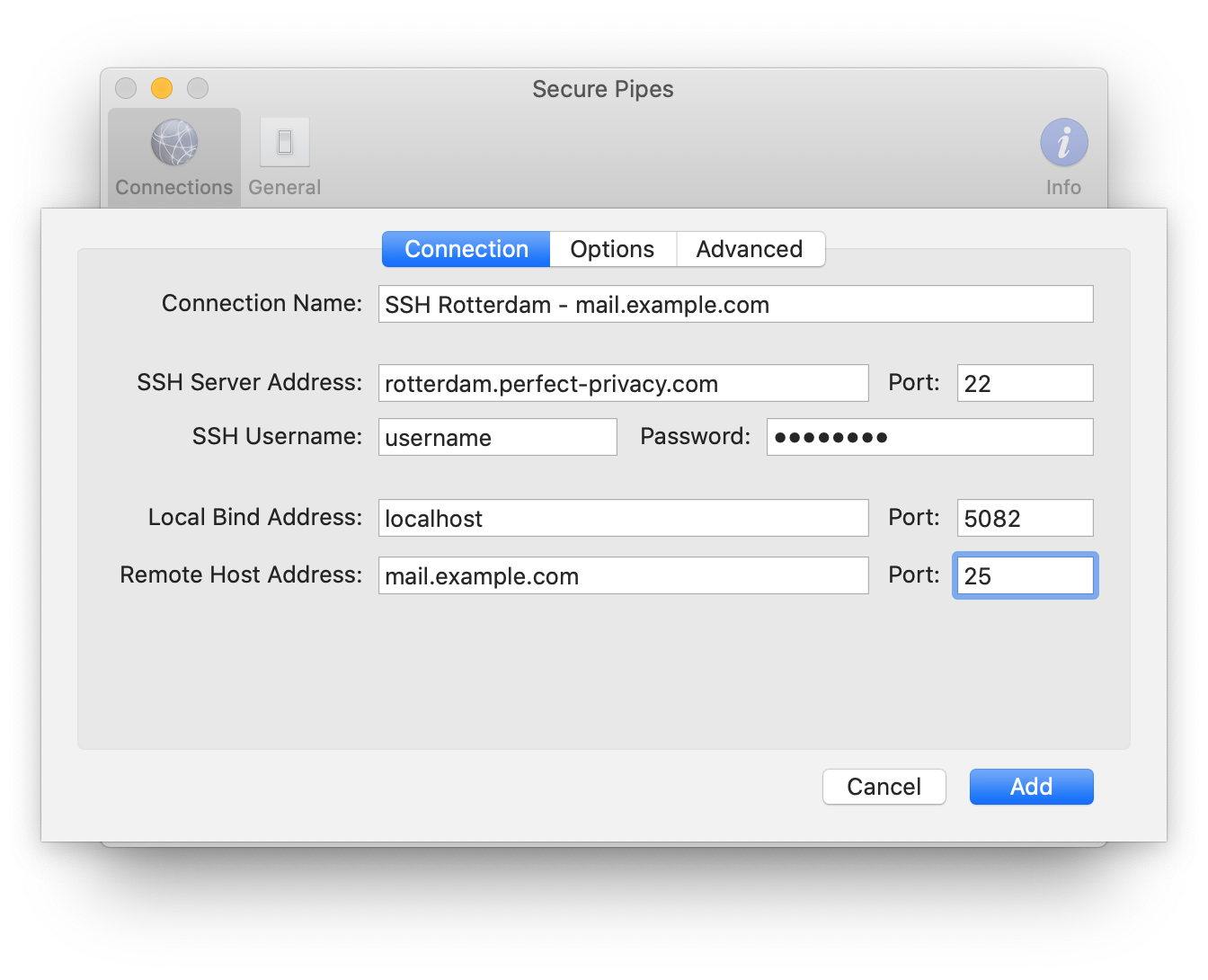Secure Shell (SSH) is an essential tool for managing IoT devices, especially for users operating on macOS. With SSH, you can remotely access and configure IoT devices securely, ensuring smooth operations and troubleshooting. Whether you're a developer, network administrator, or tech enthusiast, understanding how to SSH into IoT devices is crucial. This guide will walk you through the process step-by-step, ensuring you have the expertise and tools to perform SSH login efficiently and securely.
IoT devices have become integral to our daily lives, from smart home systems to industrial applications. However, managing these devices often requires remote access. macOS users have a robust set of tools to facilitate this, but knowing how to leverage them effectively is key. This article will not only guide you through the technical steps but also highlight best practices to ensure your connections remain secure and reliable.
In the following sections, we will explore the tools, configurations, and troubleshooting tips necessary for SSH login to IoT devices on Mac. By the end of this guide, you'll have a clear understanding of how to connect, manage, and secure your IoT devices using SSH. Let’s dive in and unlock the full potential of your IoT ecosystem.
Read also:The Mesmerizing World Of Live Flamingos Naturersquos Grace In Motion
Table of Contents
- Introduction to SSH
- Tools and Software for SSH on Mac
- Configuring SSH on macOS
- Connecting to IoT Devices via SSH
- Troubleshooting Common SSH Issues
- Security Best Practices for SSH
- Advanced SSH Features and Customization
- Real-World Use Cases of SSH with IoT Devices
- Additional Resources and References
- Conclusion and Call to Action
Introduction to SSH
SSH, or Secure Shell, is a cryptographic network protocol used to secure communication between a client and a server. It provides a secure channel over an unsecured network, ensuring confidentiality and integrity of data. SSH is widely used for remote command execution, file transfers, and managing network services.
For IoT devices, SSH serves as a critical tool for remote management. It allows administrators to configure devices, update firmware, and troubleshoot issues without physical access. This is particularly useful for devices located in remote or inaccessible locations.
macOS comes with a built-in SSH client, making it convenient for users to establish secure connections. Understanding how SSH works and its role in IoT management is the first step toward mastering remote device access.
Tools and Software for SSH on Mac
macOS offers a variety of tools and software to facilitate SSH connections. Below are some of the most commonly used options:
- Terminal: The default terminal application on macOS provides a straightforward way to execute SSH commands.
- OpenSSH: Pre-installed on macOS, OpenSSH is a suite of secure networking utilities that includes the SSH client and server.
- Third-Party Clients: Applications like PuTTY for Mac or Termius offer user-friendly interfaces and additional features for SSH connections.
Comparison of SSH Tools
While Terminal and OpenSSH are sufficient for most users, third-party clients often provide enhanced functionality such as session management, key storage, and graphical interfaces. The choice of tool depends on your specific needs and level of expertise.
Configuring SSH on macOS
Before connecting to IoT devices, you need to configure SSH on your Mac. Follow these steps to ensure a smooth setup:
Read also:Laroyce Hawkins Partner A Comprehensive Guide To His Life Career And Relationships
- Open Terminal and check if SSH is enabled by running the command
ssh -V. - Generate an SSH key pair using the command
ssh-keygen. This will create a public and private key for secure authentication. - Copy the public key to your IoT device using
ssh-copy-id user@device_ip.
Key Configuration Tips
Ensure your SSH keys are stored securely and avoid using default passwords. Additionally, configure your SSH config file (~/.ssh/config) to streamline connections to frequently accessed devices.
Connecting to IoT Devices via SSH
Once SSH is configured, you can connect to your IoT devices using the following command:
ssh username@device_ip
Replace "username" with your IoT device's username and "device_ip" with its IP address. If everything is set up correctly, you should be prompted to enter your password or authenticate using your SSH key.
Verifying the Connection
After logging in, verify the connection by running basic commands such as ls or uname -a. This ensures that you have successfully accessed the device and can begin managing it remotely.
Troubleshooting Common SSH Issues
SSH connections can sometimes encounter issues. Below are common problems and their solutions:
- Connection Refused: Ensure the IoT device's SSH service is running and the correct port is open.
- Authentication Failed: Double-check your username, password, or SSH key configuration.
- Timeout Error: Verify the device's IP address and network connectivity.
Advanced Troubleshooting
If basic troubleshooting doesn't resolve the issue, enable verbose mode by adding the -v flag to your SSH command. This provides detailed logs to help identify the problem.
Security Best Practices for SSH
Securing your SSH connections is critical to protecting your IoT devices from unauthorized access. Follow these best practices:
- Use strong, unique passwords or passphrase-protected SSH keys.
- Disable password authentication and rely solely on SSH keys.
- Change the default SSH port to reduce the risk of brute-force attacks.
Implementing Firewalls
Configure your firewall to allow SSH traffic only from trusted IP addresses. This adds an extra layer of security to your IoT devices.
Advanced SSH Features and Customization
SSH offers several advanced features to enhance your experience:
- Port Forwarding: Redirect traffic through SSH tunnels for secure communication.
- SSH Agent: Automate key management and streamline authentication.
- Custom Configurations: Use the SSH config file to define aliases and default settings for frequently accessed devices.
Automating Tasks
Combine SSH with scripting tools like Bash or Python to automate repetitive tasks, such as backups or firmware updates, on your IoT devices.
Real-World Use Cases of SSH with IoT Devices
SSH is widely used in various industries to manage IoT devices. Below are some examples:
- Smart Homes: Remotely configure smart thermostats, cameras, and lighting systems.
- Healthcare: Monitor and update medical IoT devices securely.
- Industrial Automation: Control and troubleshoot machinery and sensors in manufacturing plants.
Case Study: Smart Agriculture
In smart agriculture, SSH is used to manage IoT sensors that monitor soil moisture, temperature, and crop health. This enables farmers to optimize irrigation and improve yields remotely.
Additional Resources and References
To deepen your understanding of SSH and IoT management, explore the following resources:
- OpenSSH Official Website
- RFC 4251 - The Secure Shell (SSH) Protocol Architecture
- How to Use Terminal on Mac
Conclusion and Call to Action
In this guide, we've explored the essentials of SSH login to IoT devices on Mac, from configuring SSH to troubleshooting common issues. By following best practices and leveraging advanced features, you can ensure secure and efficient remote management of your IoT ecosystem.
Now that you're equipped with the knowledge and tools, it's time to put them into practice. Try connecting to your IoT devices using SSH and experiment with the advanced features discussed. If you found this guide helpful, share it with others or leave a comment below to share your experiences. For more articles like this, explore our website and stay updated on the latest in IoT and technology.

